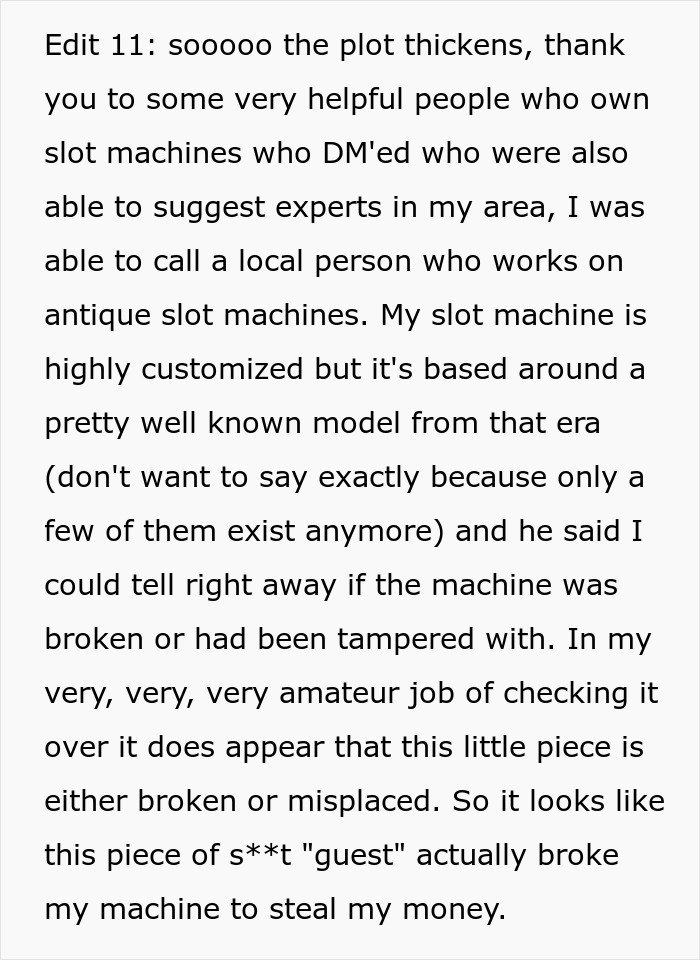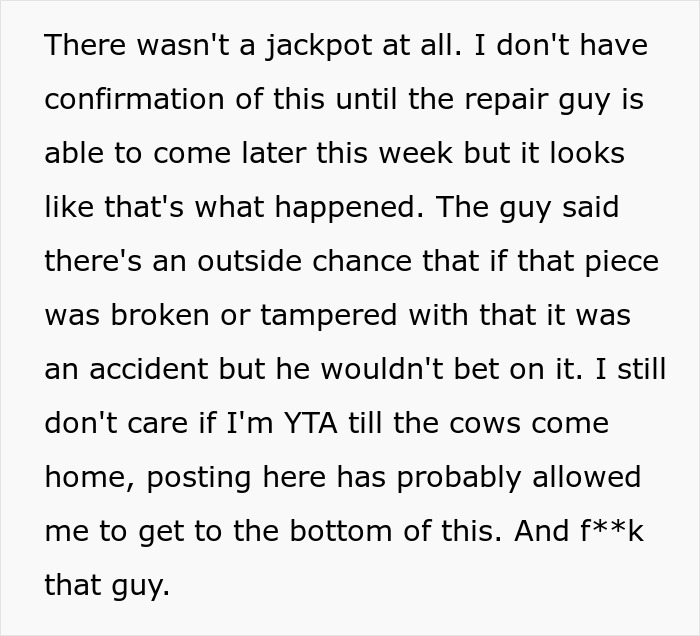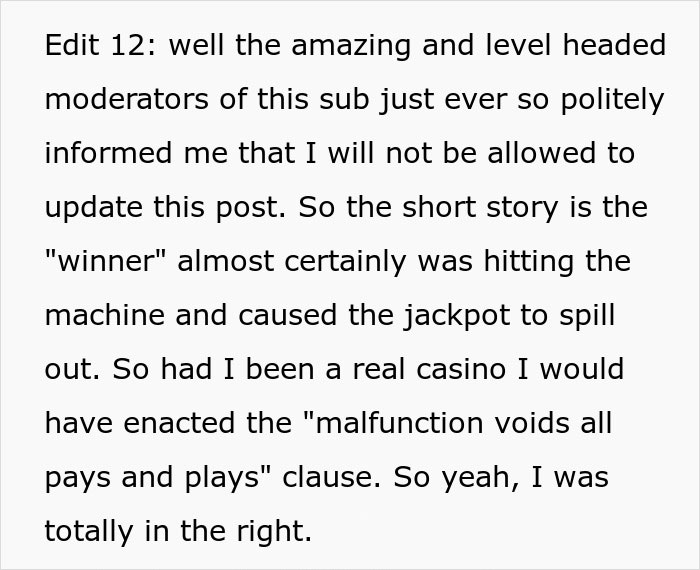House parties can sometimes go south really quickly. You invite your friends, they invite theirs, and before you know it, there’s a bunch of strangers in your house. If you have something valuable, there’s always the danger that someone might feel entitled to “borrow” a thing or two.
In this case, money in an antique slot machine caused some drama. A person shared a story where one guest hit the jackpot on their old-school slot machine and demanded to keep the winnings. As the slot machine was more of a party trick for the owner, they refused. Drama and an almost-fist-fight ensued, and it was revealed later that the guest might have even tampered with the machine, making his “win” invalid.
A person owned an antique slot machine and allowed friends to play it from time to time

Image credits: Louise Tollisen / Unsplash (not the actual photo)
But when one friend hit the jackpot and won around $700, the owner refused to let him keep the money
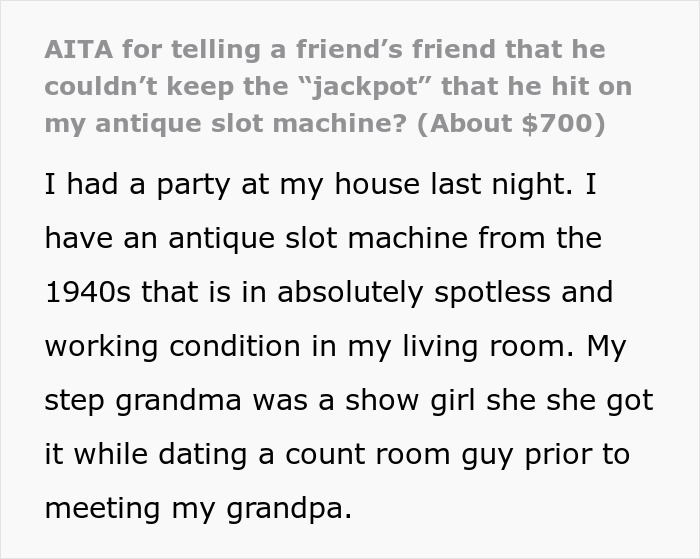
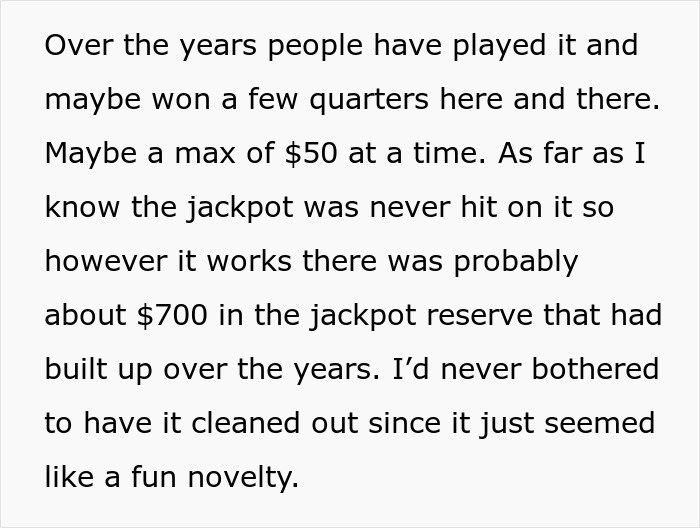
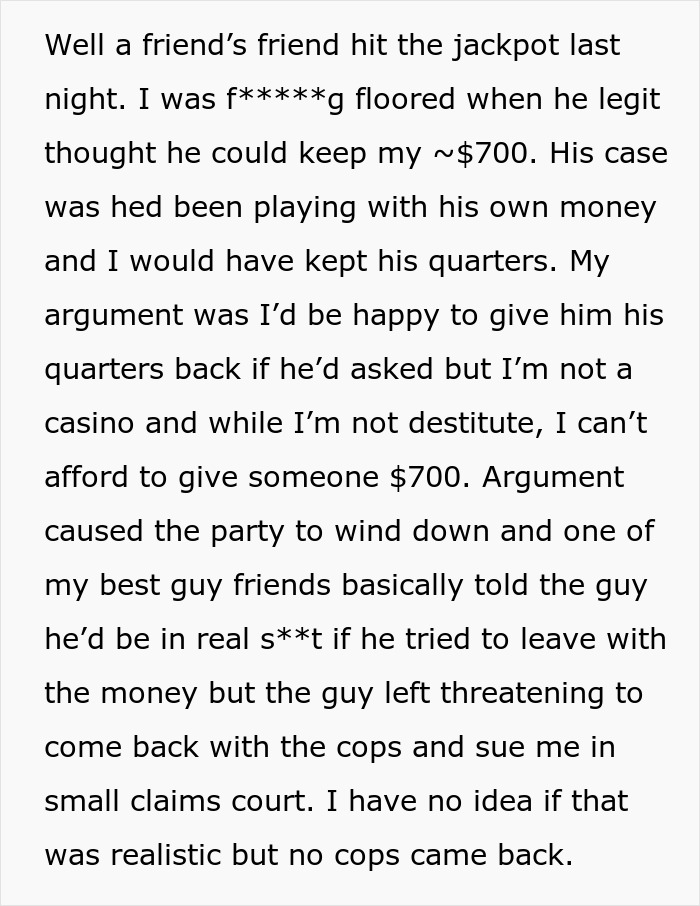

Image credits: Marcelo Chagas / Pexels (not the actual photo)

The owner later gave more details about how much money was in the slot machine and why they were so mad

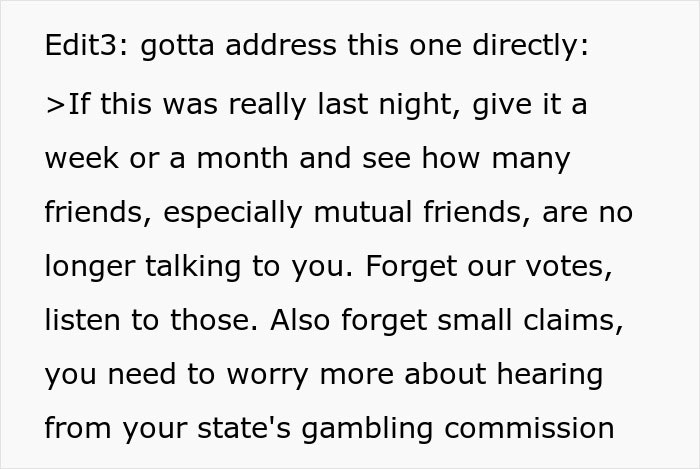
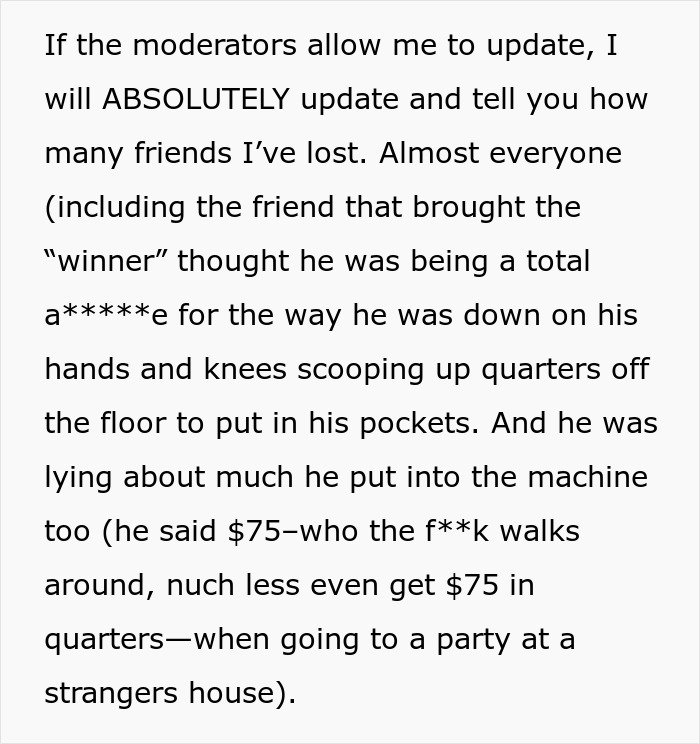


Image credits: Miguel Á. Padriñán / Pexels (not the actual photo)

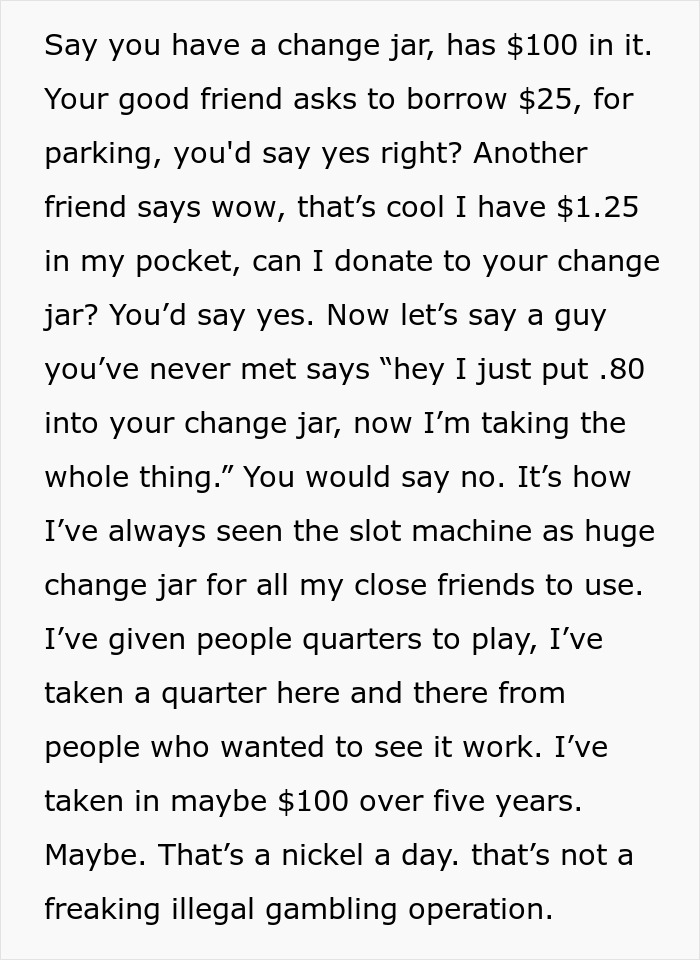

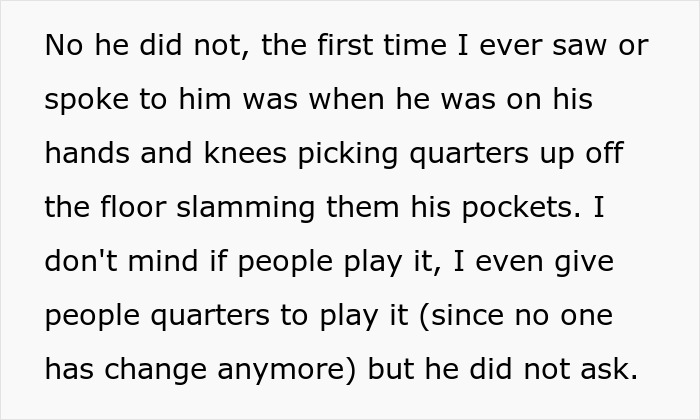
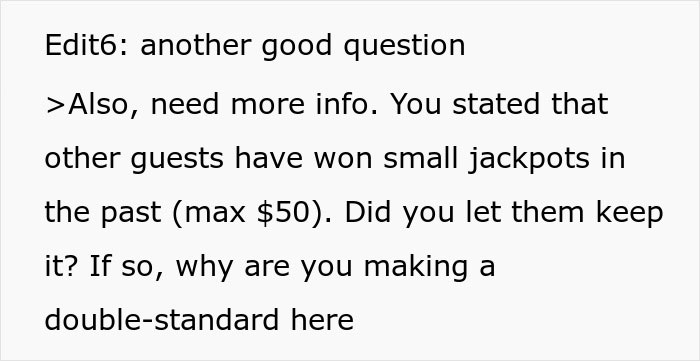


Image credits: SarahCreates / Pexels (not the actual photo)
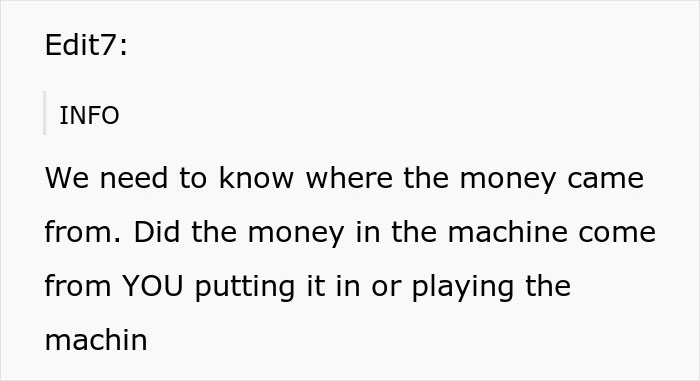
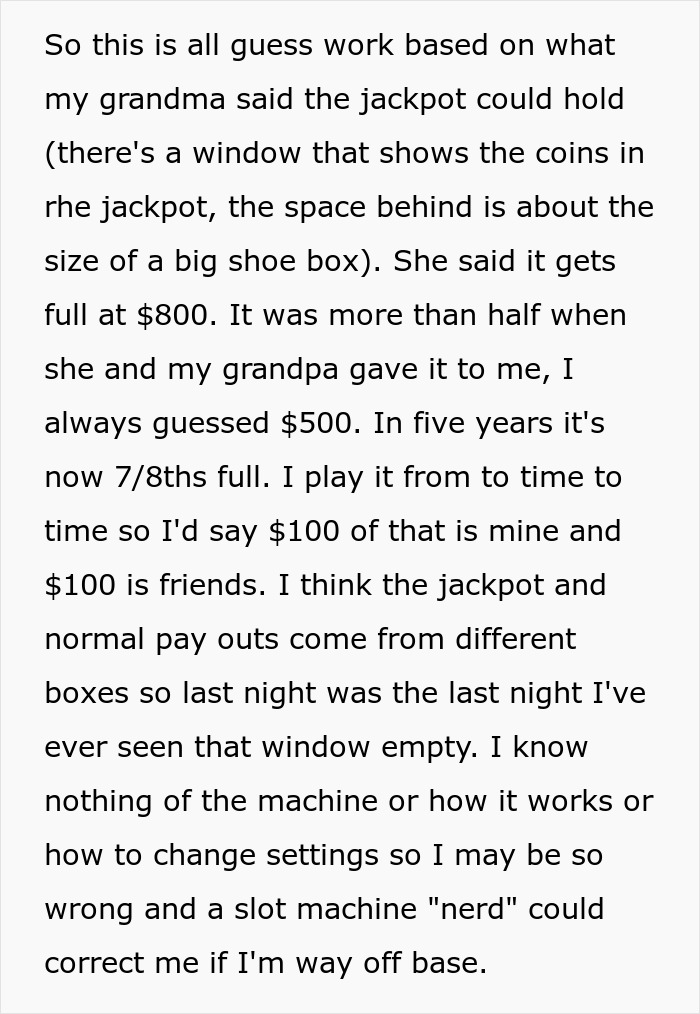
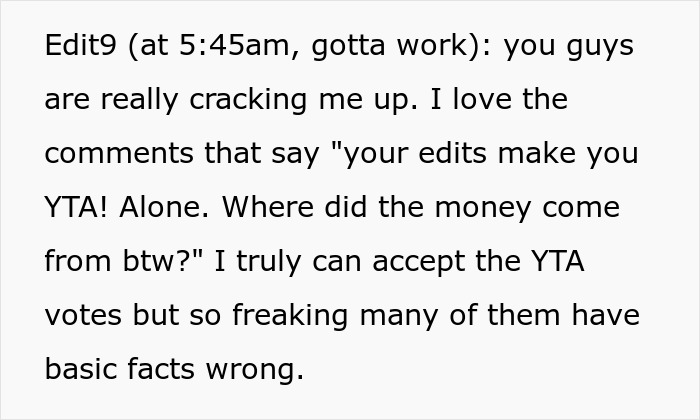

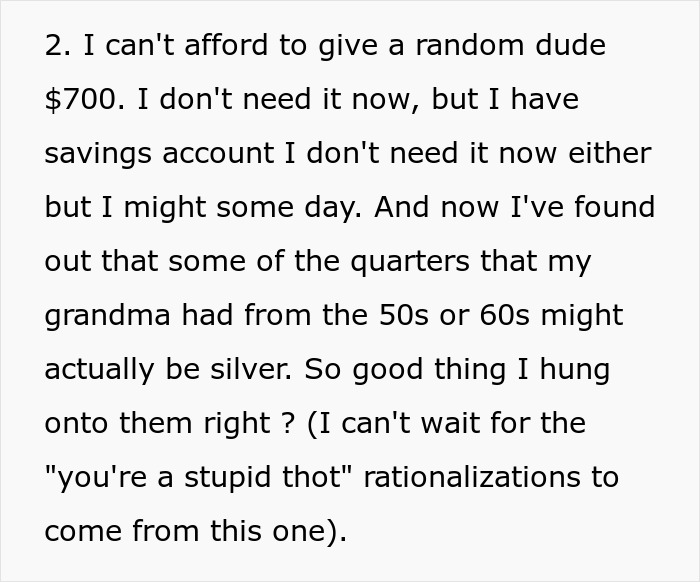
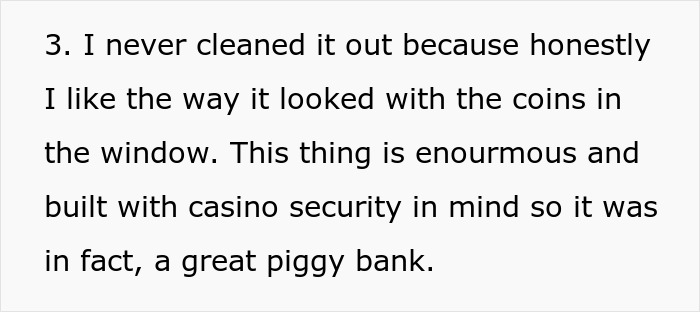
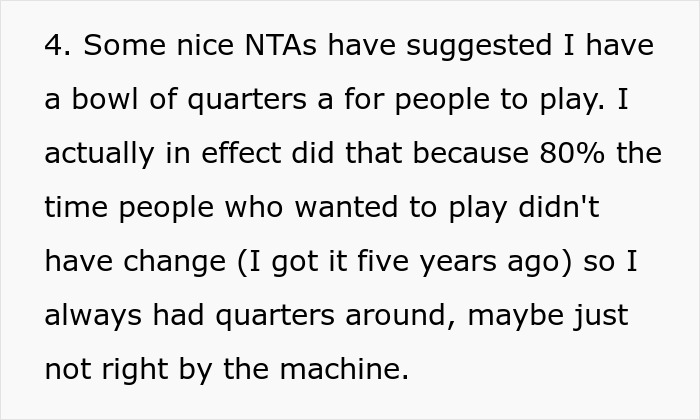
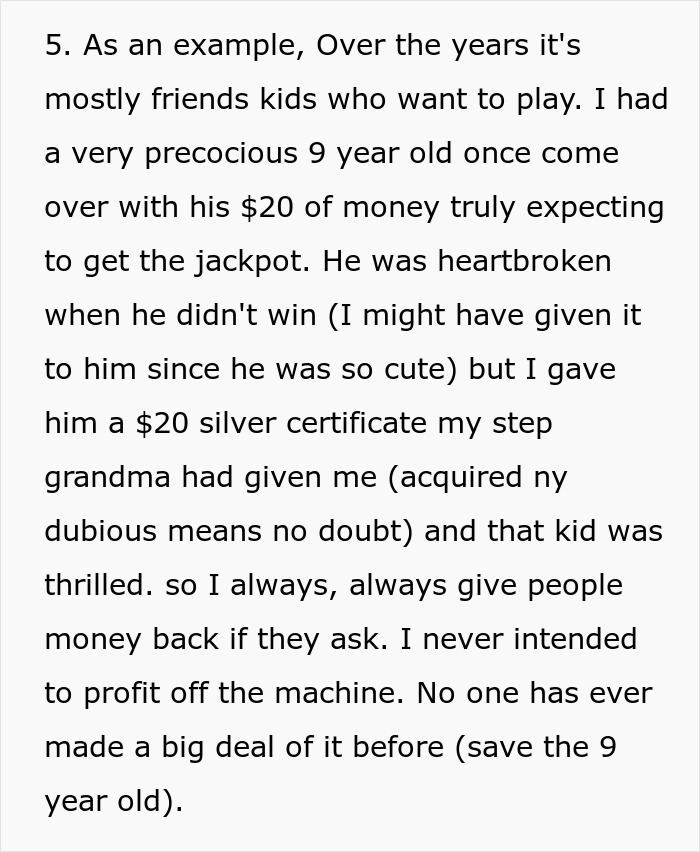
Image credits: IGAZmodel

Image credits: Crypto Crow / Pexels (not the actual photo)
Some states allow people to have slot machines at home, while others prohibit it
Some commenters raised the question of whether the OP having a slot machine was even legal. The owner defended himself several times in his updates and comments, claiming it was just a cool collectible for him and he didn’t have any intention to use it for profit.
However, the person’s intentions aside, whether or not you can have a slot machine in your house depends on what state you live in. According to Let’s Gamble USA, Alabama, Connecticut, Hawaii, Indiana, Nebraska, New Mexico, South Carolina, Tennessee, and Wisconsin prohibit slot machine ownership.
In turn, Alaska, Arizona, Arkansas, Kentucky, Maine, Minnesota, Nevada, Ohio, Rhode Island, Texas, Utah, Virginia, and West Virginia allow people of all ages to own slot machines. The age of the machine matters because, for some people, collecting old-school slot machines is a hobby.
In Florida, for example, if a slot machine is 20 or more years old, you may have it in your home. In California, Delaware, Illinois, Iowa, Louisiana, Maryland, Michigan, Mississippi, Montana, New Hampshire, North Carolina, North Dakota, Oklahoma, Oregon, Pennsylvania, South Dakota, Washington, or Wyoming, slot machines that are older than 25 are perfectly acceptable to be owned by for personal use. In Massachusetts, Missouri, and New York, the cutoff is 30 years.

Image credits: Pavel Danilyuk / Pexels (not the actual photo)
Laws restrict the ownership of slot machines so that people don’t get ripped off
The condition in many of the states that allow people to own slot machines is that they’re for personal use only. The regulations are there to ensure fairness. “When you play slots online at legal US casinos you know that the games are fair,” Let’s Gamble USA claims. “But if the owner of your local bar added slot machines for customers to play, he could easily manipulate the slot’s RNG [random number generator] to cheat players.”
“Nevada, for example, only allows a person to sell two slot machines in a 12-month period. This is to prevent individuals/companies from distributing gaming devices without first procuring a distributor’s license,” Michael Lawton, lead researcher for the Nevada Gaming Control Board, told the Las Vegas Advisor.
The buying and selling of used slot machines is heavily monitored so that collectors don’t start opening up their private casinos. In New Hampshire, the law describes collectors as persons who buy antique gambling machines for “nostalgic reasons, monetary investment, or personal interest.”
Currently, most of the antique slot machines people can buy for their private collection are mechanical. Gambling columnist John Grochowski explains that’s because 30 or 25 years earlier, computerized slot machines just weren’t a thing. “Where slots at least 30 years old are permitted, the slots may be computerized, but they’ll be almost entirely three-reel games. Twenty-five years ago, video slots started to come into vogue, so in coming years we’ll see increasing numbers available for private ownership.”

Image credits: Nazox / Wikipedia (not the actual photo)
People collect slot machines for all kinds of purposes
Some people collect stamps, others like to invest in old cars, and some can be arcade game collectors. Collecting antique slot machines can be a hobby just like any other, even if it can get pretty expensive.
For some, it’s all about the investment. They buy the old-school slot machines and then sell them to other collectors. They like the hunting process and the feeling of going through a successful deal. For others, it’s like buying a new toy or gaining a status symbol.
And then there are casual collectors, like the owner in this story, who have these machines at home for their own and their friends’ amusement. They’re not snobbish about it, and they don’t care what kind or denomination the machine is. One website for antique slot machine enthusiasts describes this type of collector: “He likes to play it, look at it, feel it, touch it – and then he plays it again; and when he has nothing better to do, he simply sits and stares at it!”
The OP also answered some burning questions from the commenters
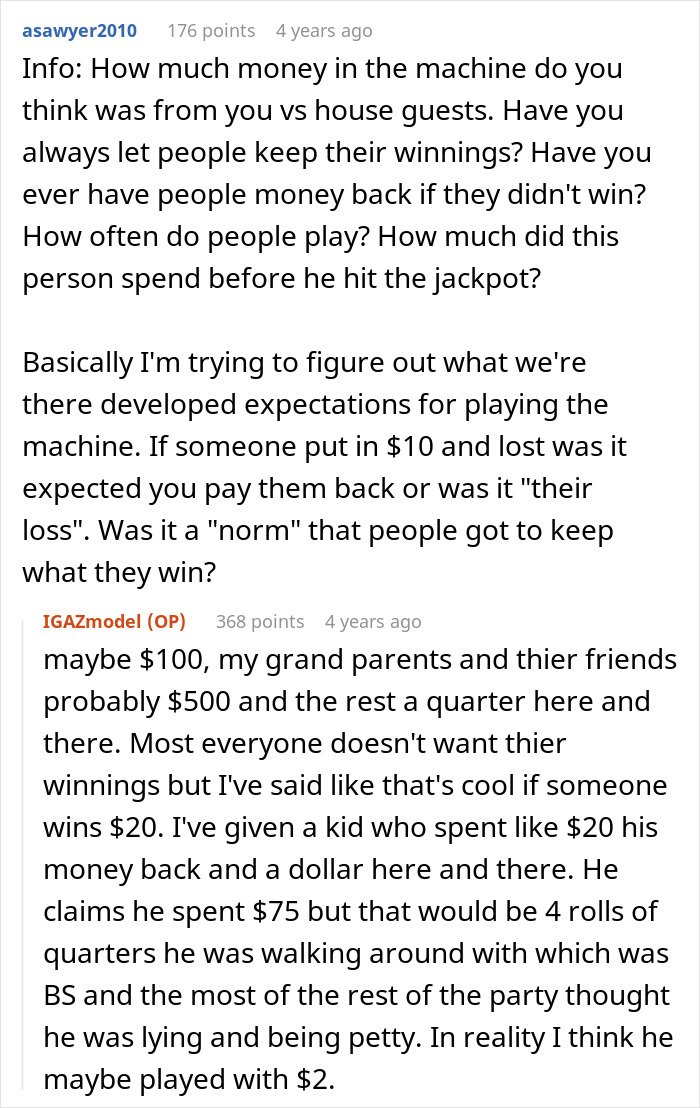
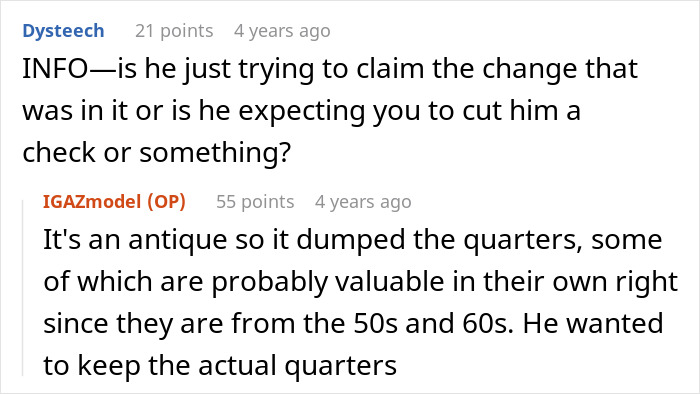
Some people branded the owner as a jerk and said the friend won the money fair and square
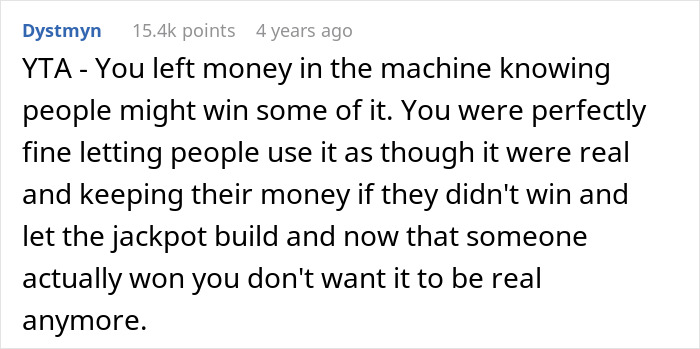
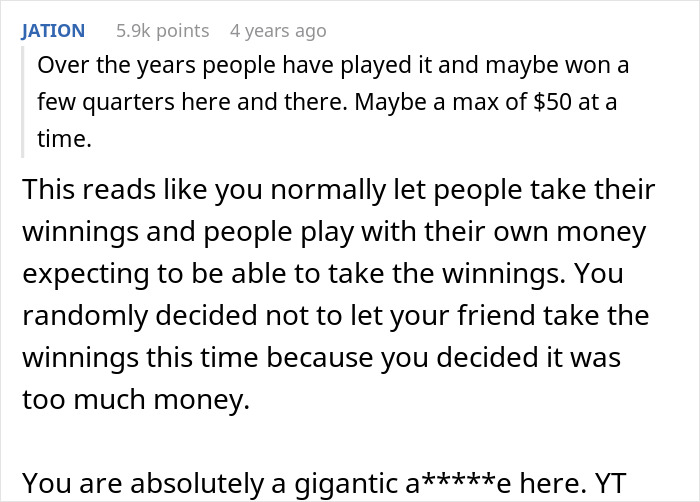
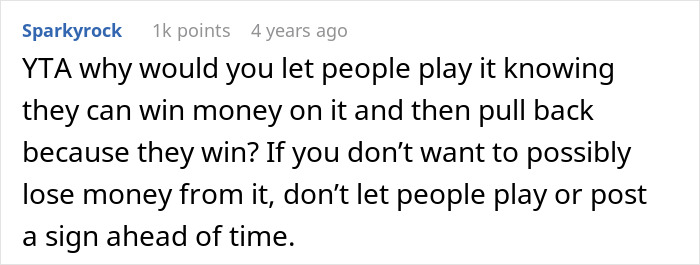
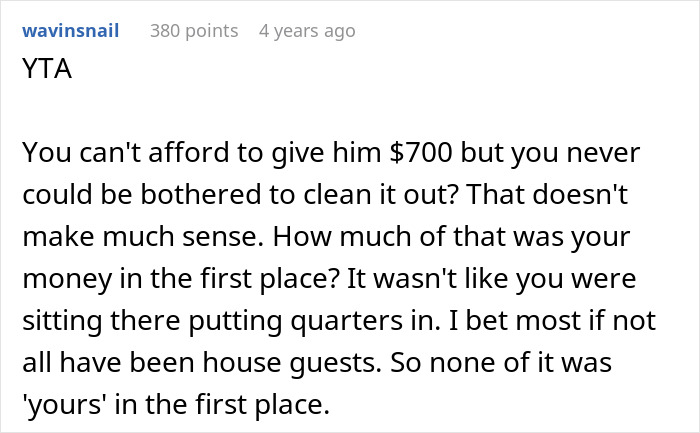

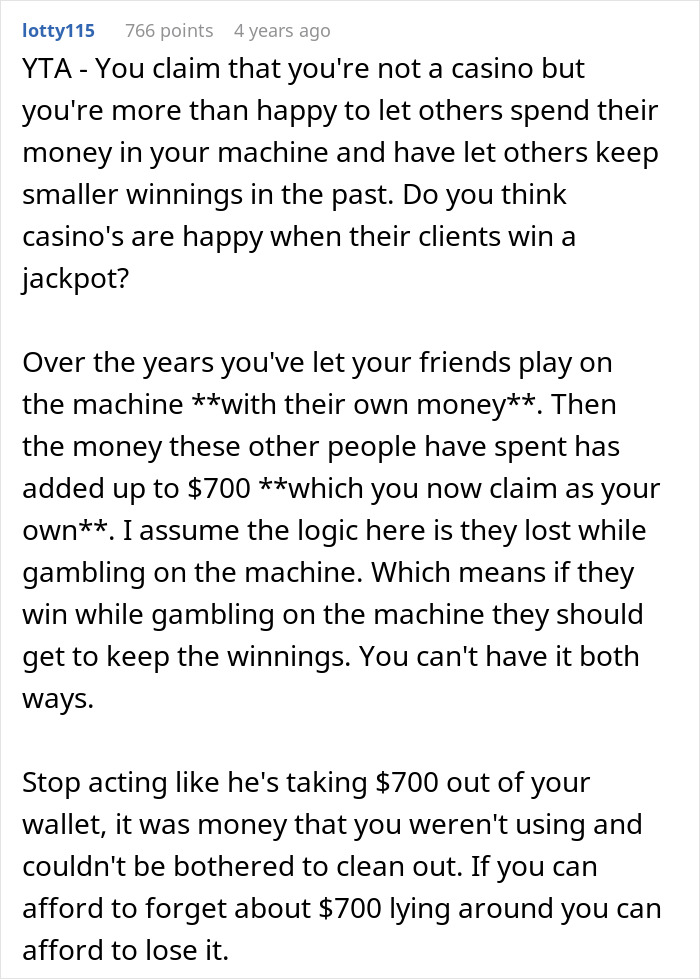
Others said NTA: the friend should have gone to an actual casino if they wanted to win money
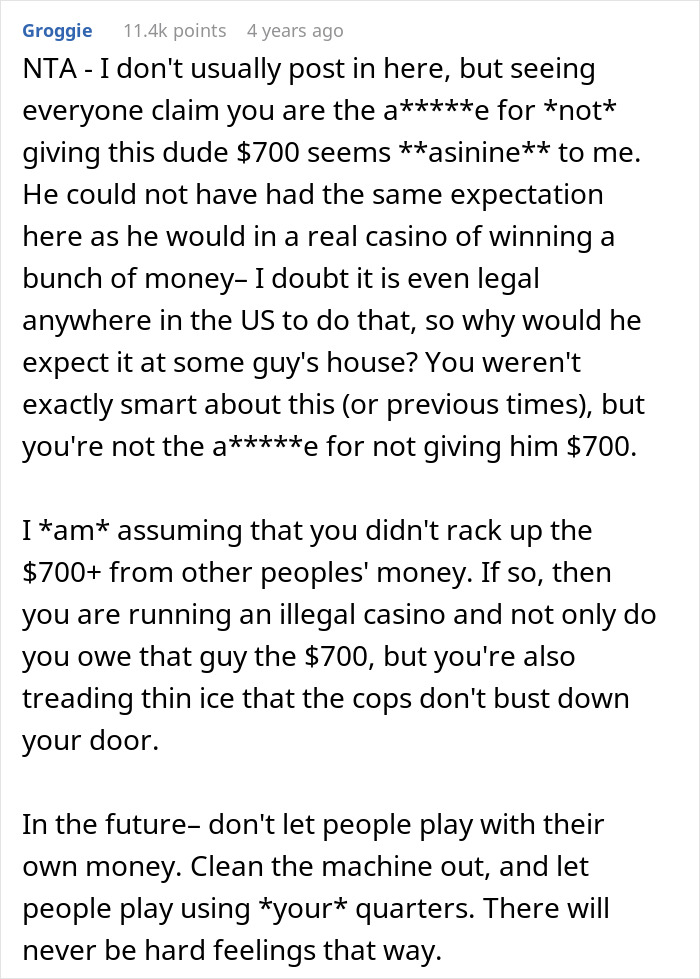
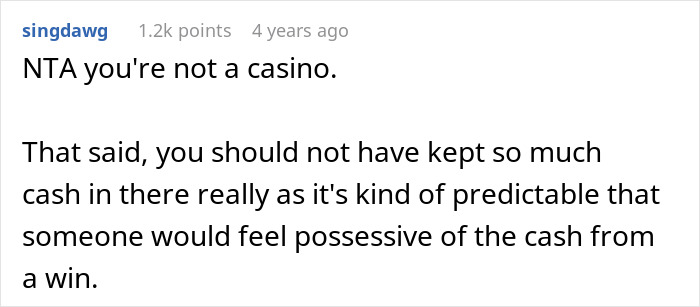
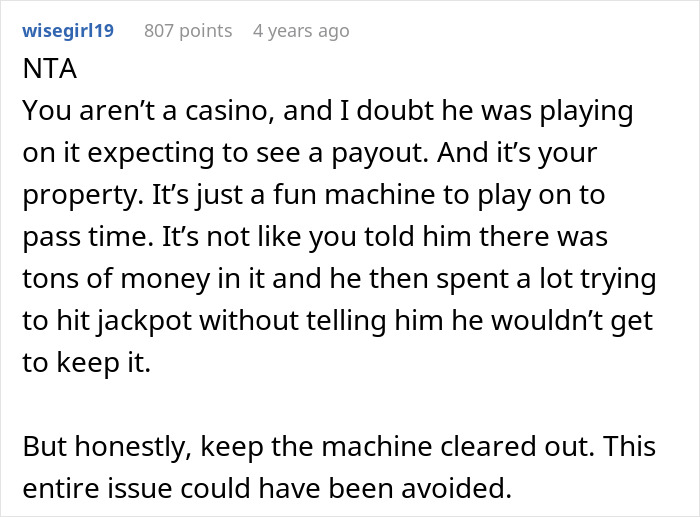
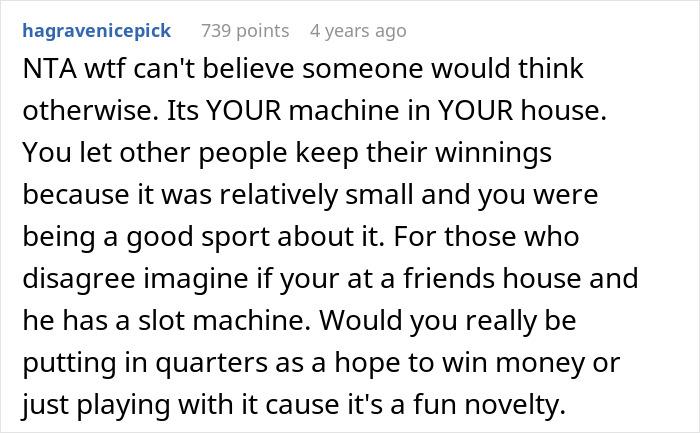
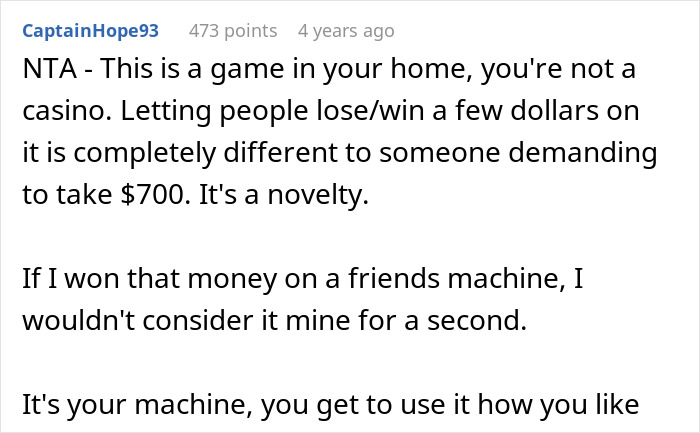

After the netizen posted their last update, it seems that the guest might have actually stolen the money
